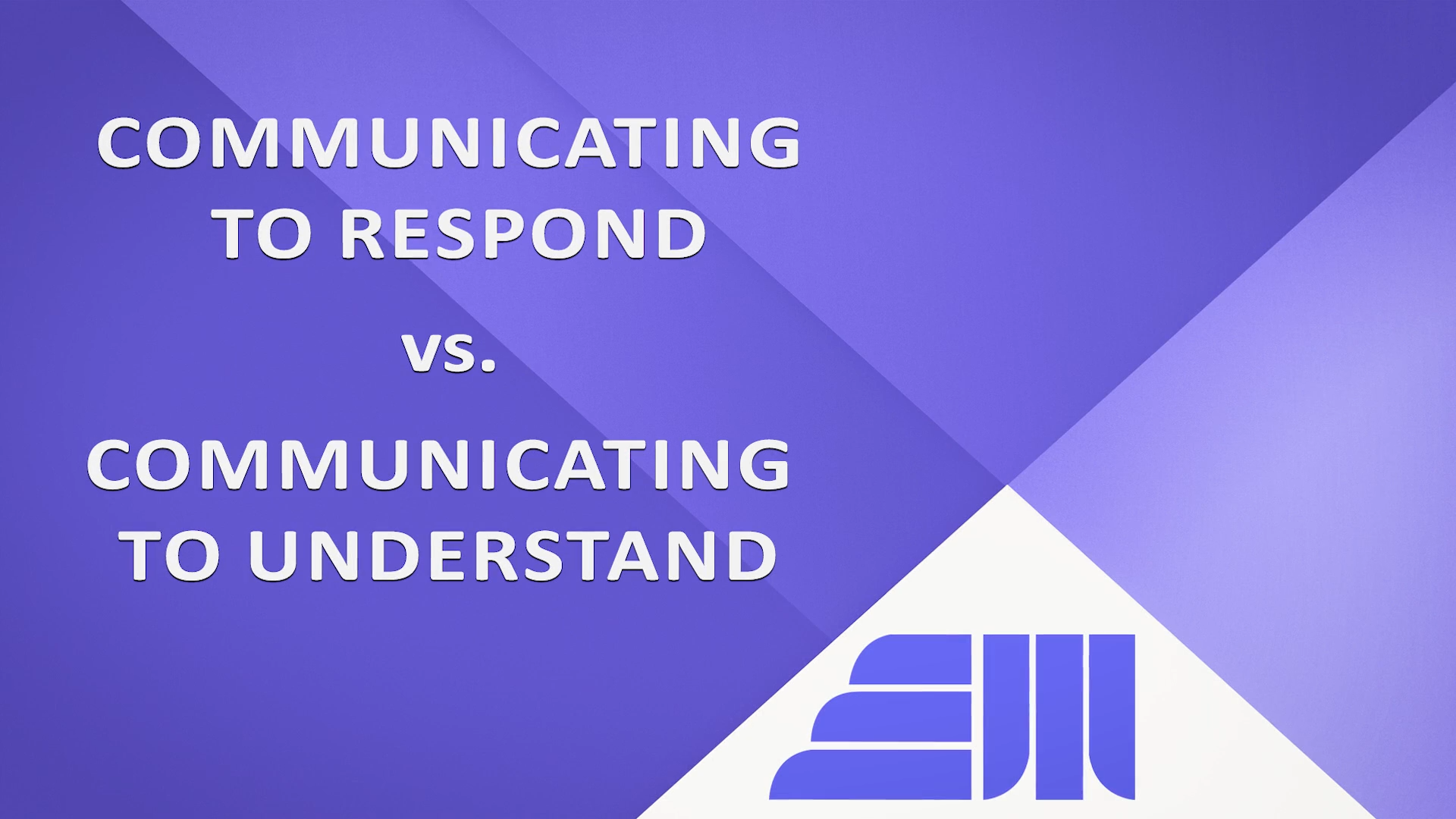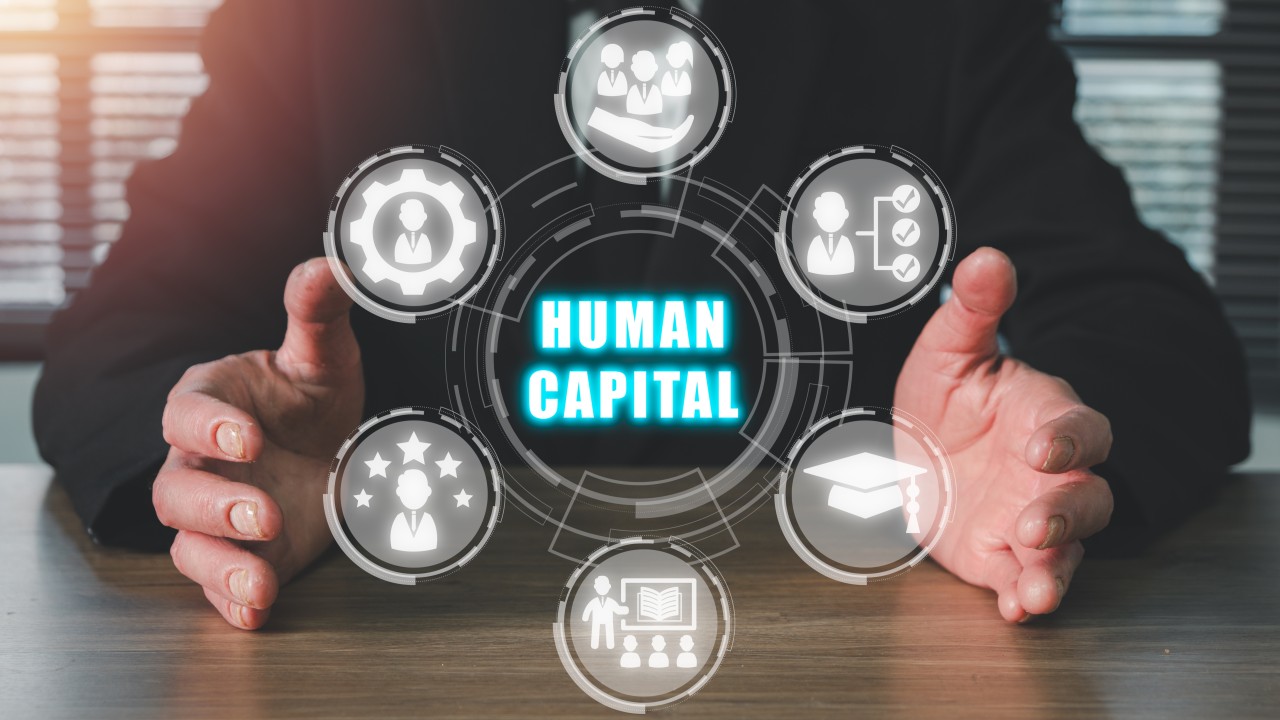
Distinguish Your Leadership with the Combination of Passion and Compassion
Being a passionate leader is no longer enough. Great leaders balance fire with empathy, drive with discernment, and urgency with understanding...

Founder
By Gerald Parsons • Nov 27, 2024
Understanding is a remarkable human ability that transcends boundaries and connects people across cultures, backgrounds, and experiences. It is the key to empathy, cooperation, and progress in our world. The power of understanding lies in its capacity to foster harmony, solve complex problems, and bridge divides, making it an essential skill for personal growth and societal development.
Empathy, the ability to understand and share the feelings of others, is at the core of human connection. When we make an effort to understand someone else's perspective, we open the door to empathy. This simple act of putting ourselves in someone else's shoes can lead to stronger relationships, improved communication, and a more compassionate society.
In any collaborative endeavor, whether it's a team project at work, a community initiative, or international diplomacy, understanding plays a crucial role in promoting cooperation. When people understand each other's goals, motivations, and challenges, they can work together more effectively, find common ground, and build trust. This cooperation often leads to innovative solutions and positive outcomes.
Complex problems often require a deep level of understanding to be successfully solved. Whether it's addressing global issues like climate change or finding solutions to personal challenges, a thorough understanding of the problem is the first step toward finding effective solutions. Understanding allows us to dissect problems, identify root causes, and develop strategies to overcome obstacles.
In a diverse and interconnected world, understanding is the bridge that connects people from different cultures, backgrounds, and beliefs. It helps break down stereotypes and prejudices, fostering tolerance and appreciation for diversity. When we seek to understand others, we create a more inclusive and harmonious society where people can coexist peacefully.
The power of understanding is a force for good in our world. It enables us to connect, empathize, cooperate, and solve problems effectively. By actively cultivating our understanding of others and the world around us, we can contribute to a more compassionate and harmonious society, where people come together to address the challenges we face and celebrate the diversity that makes our world so rich and beautiful. Understanding starts with the desire for a better outcome, relationship or purpose. Communication is the key to understanding.

Being a passionate leader is no longer enough. Great leaders balance fire with empathy, drive with discernment, and urgency with understanding...

Founder

When communication breaks down, so does trust. And when trust disappears, so does engagement, performance, and retention...

Founder

In todays rapidly evolving business landscape, organizations are increasingly recognizing that their most valuable asset isn't their technology, infrastructure, or even their intellectual property—it's their human capital.

Founder